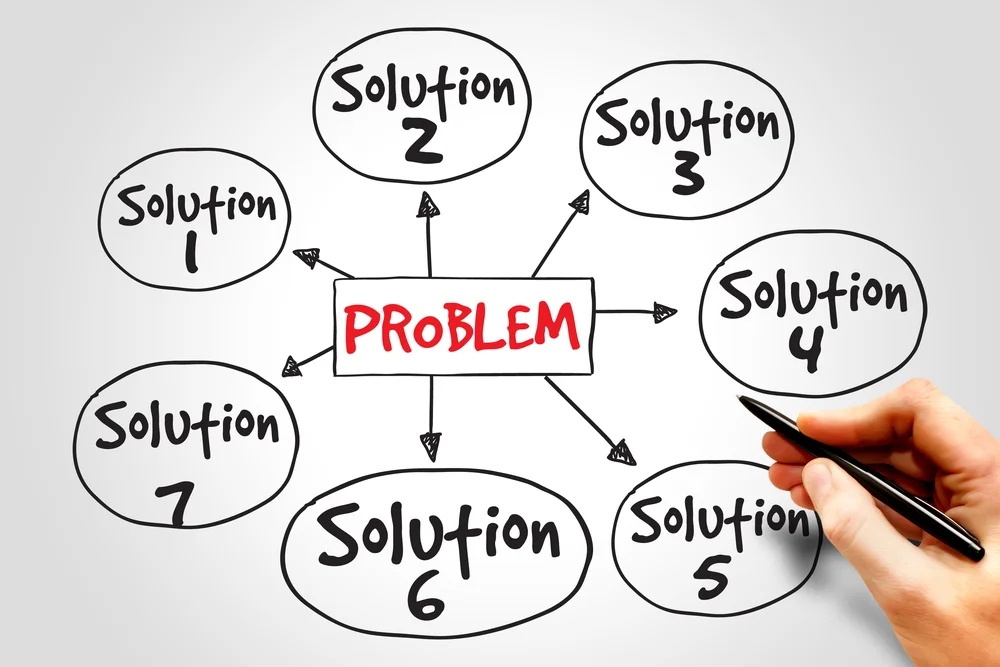Table of Contents
ToggleOne of the driving factors behind this demand is the ability of AI to automate repetitive tasks, analyze vast datasets, and uncover insights that were previously hidden. As organizations seek to harness the power of AI, they require experts who can design, develop, and implement AI solutions tailored to their specific needs.
AI jobs encompass a wide range of roles, each with its own set of responsibilities and skill requirements.
Here are some of the Skills Required for AI Jobs
A strong understanding of machine learning algorithms and deep learning frameworks like TensorFlow and PyTorch is essential.
1.Machine Learning
Supervised Learning,
Unsupervised Learning
Reinforcement Learning
Natural Language Processing (NLP)
Computer Vision
Time Series Analysis
Meta-Learning are the key concepts of Machine learning
2.Programming Languages
Proficiency in programming languages like Python, R, and Java is critical for AI professionals.
The choice of programming language depends on the specific AI task, the tools and libraries available, and the developer’s familiarity with the language. Here are some programming languages commonly used in AI development
- Julia
- Lisp
- Prolog
- Scala
- MATLAB
- PHP
- Ruby
- Perl
many AI projects use a combination of languages, with Python being a popular choice for prototyping and development due to its extensive libraries and ease of use.
3. Data Analysis
Data manipulation,visualization,and statistical analysis skills are crucial for data scientists.
- Data Types
- Data Cleaning
- Exploratory Data Analysis (EDA)
- Data Visualization
- Statistical Analysis
- Data Transformation
- Data Reduction
- Time Series Analysis
- Correlation and Causation
- Data Ethics and Privacy
- Data Interpretation and Reporting
- Big Data Analytics
- Data Quality
- A/B Testing
Data analysis is an interdisciplinary field that combines elements of statistics, mathematics, computer science, and domain expertise. It is a critical step in extracting valuable insights from data to inform decision-making and drive improvements in various domains and industries.
4. Mathematics
- A solid foundation in mathematics, including linear algebra, calculus, and probability, is necessary for AI professionals to understand the underlying concepts.
- Linear Algebra
- Calculus
- Statistics and Probability
- Information Theory
- Graph Theory
- Bayesian Networks
- Game Theory
- Support Vector Machines (SVM)
- Kernel Methods
- Neural Networks
A strong understanding of these mathematical concepts is crucial for both developing and interpreting AI algorithms and models effectively. Depending on your specific AI interests, you may need to delve deeper into some of these mathematical areas
5.Deep Learning
Deep Learning is Advanced neural network architectures for handling complex tasks, including deep convolutional networks, recurrent networks, and transformers.

6. Problem-Solving
AI professionals must excel in problem-solving, as AI often involves tackling complex, unstructured problems.
7.Communication
Effective communication skills are essential, as AI professionals need to convey technical concepts to non-technical stakeholders.
Effective communication between domain experts and AI practitioners is essential. Domain experts may not have a deep understanding of AI techniques, and AI practitioners may not be experts in the domain. Bridging this gap is crucial for successful AI projects.

8.Domain Knowledge

Depending on the industry, AI professionals may need domain-specific knowledge.
For example, healthcare AI professionals should understand medical concepts. Domain knowledge helps in identifying and collecting relevant data sources, understanding data quality issues, and ensuring that AI models consider domain-specific factors.
domain knowledge in AI enhances the relevance and effectiveness of AI applications by tailoring them to specific industries or fields. Combining domain expertise with AI techniques enables the development of solutions that not only solve complex problems but also align with the unique requirements and constraints of the domain.
